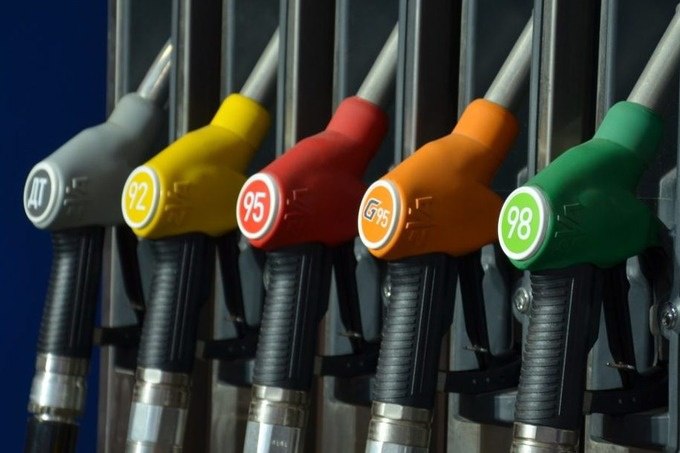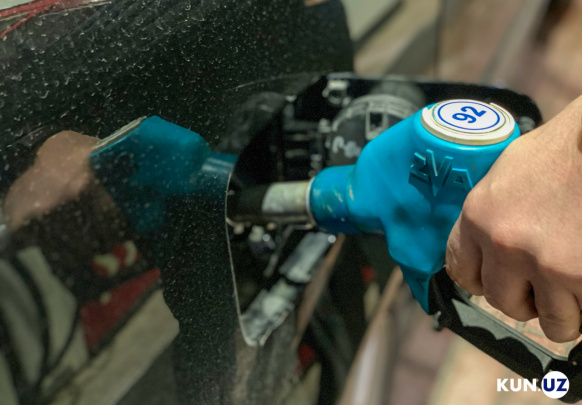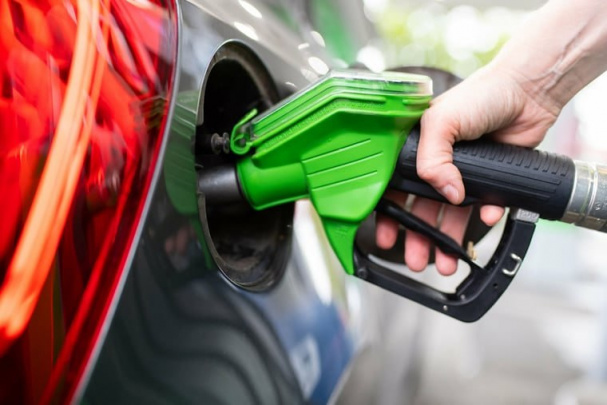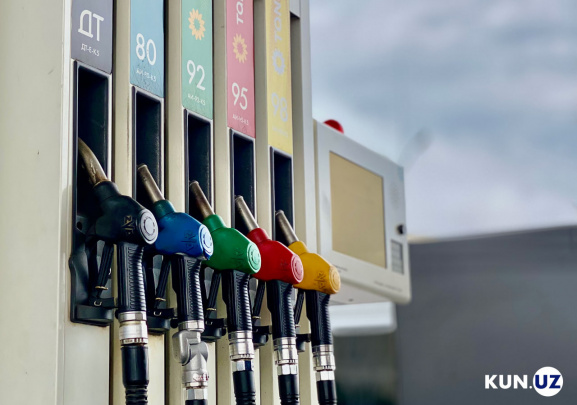Uzbekistan may stop producing AI-80 gasoline by 2026
It is planned to increase the production of fuel of higher standards and develop electric transport.

Photo: iStock
In Uzbekistan, it is planned to abandon the production and use of AI-80 gasoline, Gazeta.uz reports with reference to the press service of the Ministry of Energy.
The Ministry of Environment has already developed a draft regulatory act prohibiting the launch of new capacities for the production of fuel of this brand. Its complete cessation is expected in 2026.
The government also intends to stop importing gasoline of the K-2 (Euro-2) standard. In it, the share of sulfur should not exceed 0.5%, benzene – 5% (versus 0.001% and 1%, respectively, for the Euro-5 standard), and there are also no requirements for the share of aromatic hydrocarbons.
To replace AI-80, it is planned to increase the production of gasoline with higher octane numbers (AI-91 and higher). Maintaining lower excise tax rates on high-octane gasoline should stimulate its additional production.
Programs are being developed to transfer the two main oil refineries of Uzbekistan to the production of Euro-5 and Euro-6 gasoline. The modernization of the Fergana oil refinery is expected in 2025, the Bukhara oil refinery – a year later.
This year it is planned to increase the supply of gasoline of all brands to consumers to 2.28 million tons. At the same time, it is planned to reduce the production of AI-80 to 1.09 million tons, as well as to increase its centralized import (excluding purchases by businesses) to 200 thousand tons.
Plans also include establishing production in Uzbekistan of cars using only Euro-5 and Euro-6 fuel. Another area of work will be increasing gas supplies to gas filling stations.
In addition, the authorities will continue to popularize electric vehicles and create infrastructure for them. The Ministry of Energy is working to supply more than 70 large charging stations to the regions, and private businesses are expected to create another 50 thousand charging points.
Related News

18:39 / 03.02.2026
Uzbekistan to ban cash payments at fuel stations from April 2026

15:22 / 20.01.2026
Uzbekneftegaz to increase gasoline supplies on exchange amid methane station restrictions

16:17 / 01.01.2026
Inflation in Uzbekistan slows to 7.3 percent in 2025

12:55 / 17.12.2025



